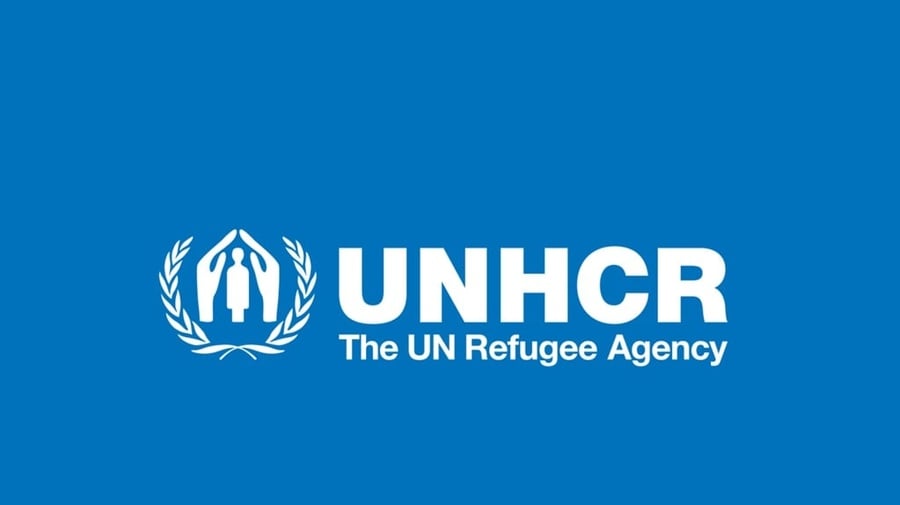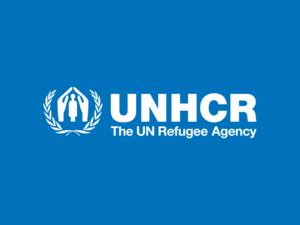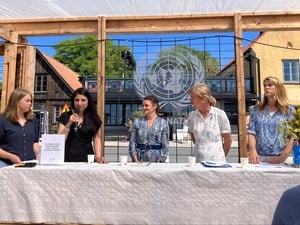Resettlement - A lifeline for the most vulnerable
Resettlement - A lifeline for the most vulnerable

UNHCR was created to assist and protect refugees uprooted by war and persecution. Resettlement has always been a fundamental element of refugee protection.
Resettlement is the transfer of refugees from an asylum country to another State that has agreed to admit them and ultimately grant them protection and permanent residence. Through resettlement, Finland has for many years extended a lifeline to the most vulnerable refugees by offering them and their family a place to stay where they can rebuild their lives. In 2024, the Finnish government has decided to offer resettlement places to 500 refugees.
Today, almost 70% of the world’s refugees live in countries neighboring their own. Resettlement does not only help the individual refugee, but also maintains global responsibility sharing, which is necessary to ensure that countries which are geographically closer to nations at war are able to continue to welcome and host refugees.
With more than 123 million persons forcibly displaced world-wide, the global resettlement needs are higher than ever, estimated at 2.9 million refugees. The needs have more than doubled since 2021 due to increasing conflicts and crises across the world. According to official government data, in 2023 more than 158,700 people benefitted from resettlement, community sponsorship and other third-country solution programmes in 24 countries. This represents a 39% increase compared to the previous year. Despite the uptick in numbers, the total still accounted for only 8 per cent of the refugees identified by UNHCR as in need of resettlement.
Resettlement is a legal, safe, and recognized pathway in which refugees are assisted to leave places where they are at risk without having to resort to smugglers or others who would like to exploit their situation. State resettlement programs should adhere to humanitarian principles and not discriminate on the basis of characteristics such as nationality, religion, ethnicity, or sexual orientation.
UNHCR’s role is to identify refugees for resettlement based on protection needs through our daily work in countries hosting large numbers of refugees, including through our regular registration process and subsequent interviews. Refugees selected for resettlement are prioritized based on their protection needs. UNHCR’s resettlement submission categories are: legal and/or physical protection needs, survivors of torture and/or violence, medical needs, women and girls at risk, family reunification, children and adolescents at risk, and lack of foreseeable alternative durable solutions.
Through the annually published Projected Global Resettlement Needs, UNHCR estimates the number of refugees who require resettlement in 2025, provides an overview of the humanitarian and protection contexts that lead to those needs and describes how resettlement is linked to regional protection and solutions strategies. The needs are impacted by multiple protracted refugee situations, including the prolonged war and human rights abuses that affect Syrian, Rohingya, Afghan, Congolese, and Sudanese refugees.
Resettlement is a life-saving mechanism for refugees in crisis situations. Through its fast and flexible resettlement process, Finland has offered a life-saving pathway for many refugees over the years.
UNHCR Representation to the Nordic and Baltic Countries, 27 November 2024









